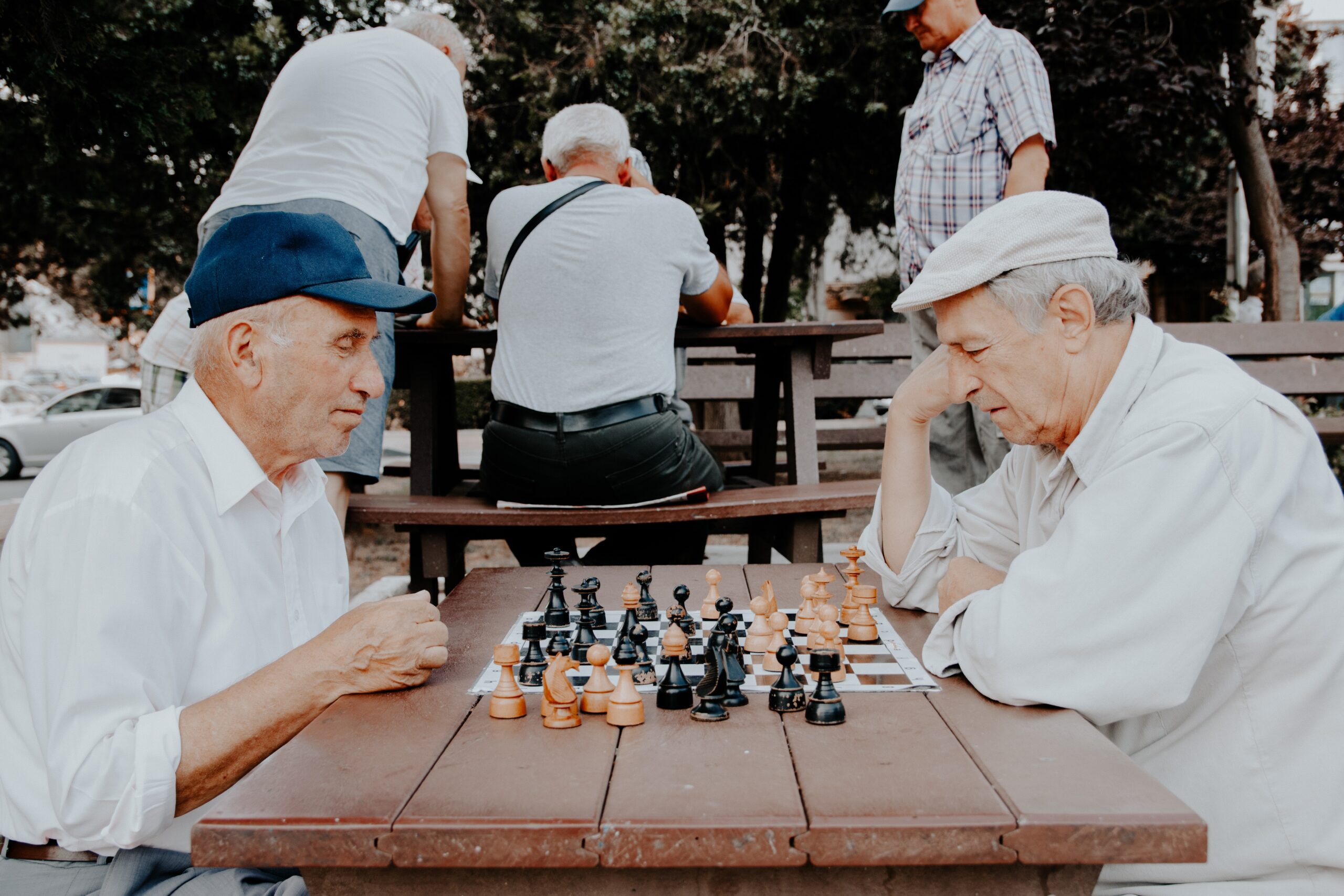Age-Related Memory Changes or the Early Signs of Dementia? Recognizing the Difference

Memory lapses such as forgetting the name of an old colleague, misplacing your cellphone or walking into a room and forgetting why you’re there tend to happen more often as you age. When older adults experience this type of forgetfulness, they are often concerned about their memory and brain health.
However, minimal memory loss that doesn’t affect your daily life or ability to function is generally considered a normal part of aging. Always speak to a doctor, but here’s more on the differences between common age-based changes and the memory decline related to dementia.
AGE-RELATED MEMORY CHANGES
Just like the rest of your body, there are inevitable physiological changes that occur in the brain as you age. These can include: a decline in the hormones and proteins that protect and repair brain cells, changes in the weight and volume of the brain and decreased blood flow to the brain. As a result, you may feel more forgetful, take longer to learn and recall information, struggle to do multiple things at the same time and feel more easily distracted. Although these changes are frustrating, they are not usually a cause for concern.
Age-Related Signs and Symptoms
- Forgetting details of an event or conversation that took place a while ago
- Occasional difficulty remembering a word or the names of people you don’t see often
- Infrequently forgetting an appointment or commitment
- Misplacing regularly used items (e.g. glasses, remote, phone)
- Walking into a room and forgetting why you entered
With age-related memory loss, you may be concerned about these changes, but family and friends typically do not notice a significant decline.
DEMENTIA-RELATED MEMORY CHANGES
Dementia is a general term for the group of symptoms caused by diseases that damage the brain. Dementia-related memory changes are not a normal part of aging and are usually persistent and disabling, interfering with daily activities. The memory loss related to dementia is also typically accompanied by other noticeable declines in language skills, judgement, reasoning or personality.
- Dementia-Related Signs and Symptoms
- Difficulty recalling recent events or conversations
- Forgetting the names of close family members and friends
- Struggling to find the right word during conversations leading to frequent pauses
- Difficulty completing familiar tasks (e.g. working the remote, turning on the microwave)
- Asking the same questions over and over again
- Struggling to follow directions
- Losing track of dates, seasons or time
Typically with memory loss caused by dementia, the people close to you will also notice an obvious decline. In some cases, the person experiencing memory loss will not be aware of these changes.
NEXT STEPS
If you are noticing any signs of memory loss, make an appointment with your doctor as soon as possible. Memory difficulties can also be the result of other causes including: depression, alcohol abuse, thyroid, kidney or liver disease, nutritional deficiencies or side effects from some medications.
Finding the root of your memory problems will help to determine the best approach moving forward. Just like your physical health, there are steps you can take to contribute to a healthy memory. These include: strong social connections, physical activity, good nutrition, adequate sleep and healthy stress management. For dementia patients, an early diagnosis can help you access vital supports and resources to improve quality of life.
If you found this article helpful, you may also like to read:
• Keeping a Loved One With Dementia Safe this Summer
• Age Related Hearing Loss: Signs, Causes, Treatment and Prevention

